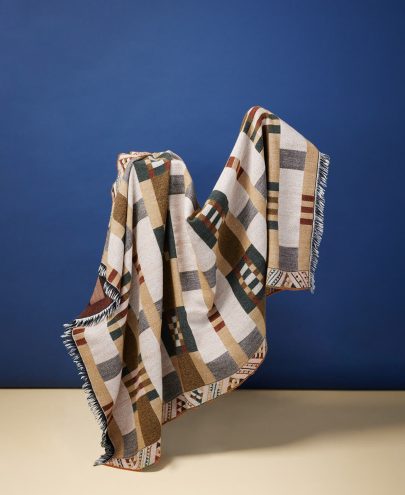Nov 22, 2013 etc
Smart new restaurants and shopping precincts, and a rape scandal. For all that the Best of Auckland is worth celebrating, the city is not the best it can be, and the Roast Busters controversy is proof enough of that.
A group of young men in West Auckland believed it was socially permissible to sexually attack intoxicated girls and then subject them to public humiliation by naming them and bragging about it.
This wasn’t normal sexual deviance, so to speak. When there’s a rapist on the loose or a gang causing mayhem at parties, they might sometimes think they are doing wrong and sometimes not, but invariably they know what we think. They know they are breaking the law and they know we view them as criminals.
Through their online boasting, the Roast Busters appeared not to understand this. They thought society was on their side — either because we would condone their actions (admiring their virility and also, tellingly, their good looks) or because we would turn a blind eye to it. Boys will be boys. Good-looking boys are special.
They thought, in other words, that the prevailing characteristic of our society, inasmuch as it impacted on them, was that we live in a rape culture. Events since their exposure by 3 News suggest they were right.
That’s what makes the response of Willie Jackson and John Tamihere so appalling. They can reasonably be called role models for those young men, which meant they had a particular responsibility. Every decent-minded person the Roast Busters might have listened to was duty-bound to say, “What you do and think is wrong.” Good ol’ Willie and JT chose instead to talk about “a bit of mischief” and imply the girls in question might have been complicit in the crimes against them.
The argument that women who wear a short skirt or get drunk are asking for it is medieval: it’s one of the things we like to say is appalling about the Taliban.
Actually, it’s worse, because it suggests men believe there are times when women license them to become barbarians. Why would anyone believe that might be true?
We want boys to understand right and wrong in sexual relations. We also want girls to know they can speak up, say no when they want to and complain when they need to. Jackson and Tamihere didn’t just telegraph their blessing to the Roast Busters; they also reinforced how humiliating and pointless it might be for young women to speak out.
Boys are indulged, girls are doubted. Many women will say it was ever thus.
Is free speech at stake? Of course it is. But not just for Jackson and Tamihere, who were taken off air following a social media campaign and advertisers’ complaints about their behaviour.
It’s true that whenever anyone is silenced for speaking their mind, as they were, we need to tread carefully. Freedom of speech only ever becomes an issue when people use it to say things others don’t want to hear, but we don’t defend it just for those we like the sound of. It should not be easy to shut down debate because financial interests want to have their way or there is a mob on the loose (and social media, without question, can create extremely dangerous mobs).
But freedom of speech is not absolute. In all sorts of contexts, we balance it against other social goods. The price of freedom of speech for Jackson and Tamihere on this issue would have been to remind sexual abuse victims of the futility of exercising their own freedom to speak up. It would, in effect, have reinforced their silence.
In mid-November, people marched in the streets, in frustration and fury. Not just because the Roast Busters exist, but because so many other people became their apologists. We still don’t get it.
This editorial was first published in Metro, December 2013. Illustration of Willie Jackson and John Tamihere by Daron Parton.





